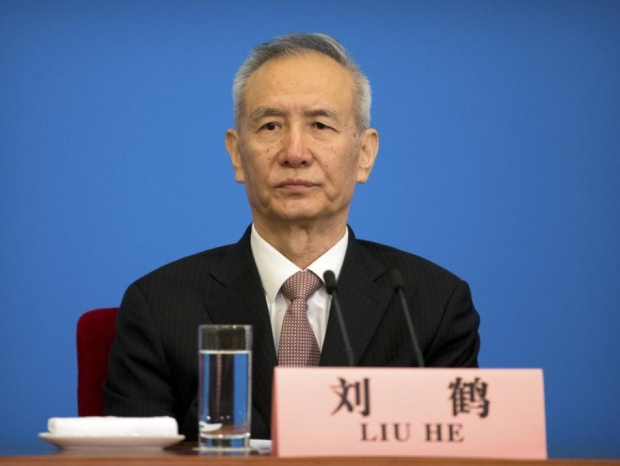Speaking to the gathered throngs at the World Artificial Intelligence Conference in Shanghai, Lui said all countries, as members of the global village, needed to be inclusive and support each other so that they can respond to the double-edged-sword effect of new technologies,,
“AI represents a new era. Cross-national and cross-discipline cooperation is inevitable”, he said.
This new, softer approach to artificial intelligence comes just over a year after the Chinese government announced an ambitious and aggressive AI plan. This blueprint called for Chinese AI researchers to lead the world by 2030, and for domestic companies to build an industry worth more than $150 billion. China’s tech industry has already embraced machine learning and AI at an impressive rate.
China’s ambitions and progress to date have led to talk of an artificial intelligence arms race with the US. The technology is largely a product of collaboration among researchers from around the world.
However, the worry is that the impact of AI could indeed be defined by rivalries between the big US and Chinese companies. The influence of China’s tech industry is growing internationally as its companies export AI to other parts of the world through cloud computing services.
A model for national collaboration has yet to be worked out. Algorithms are already widely shared by researchers and tech companies, but the data used to train machine-learning models tends to be jealously guarded.

